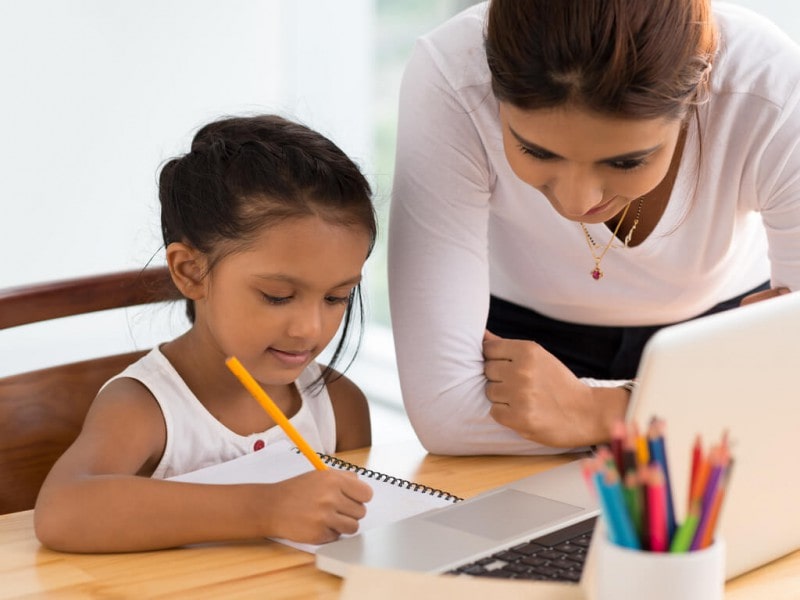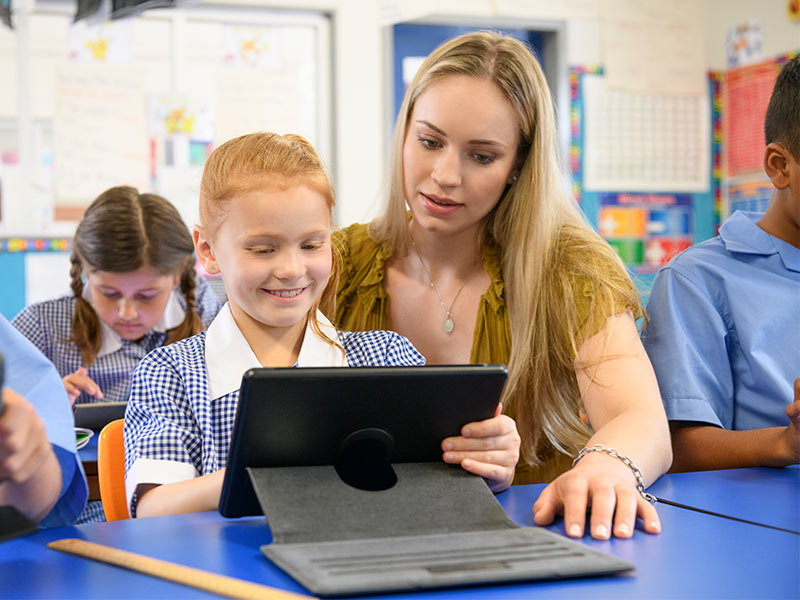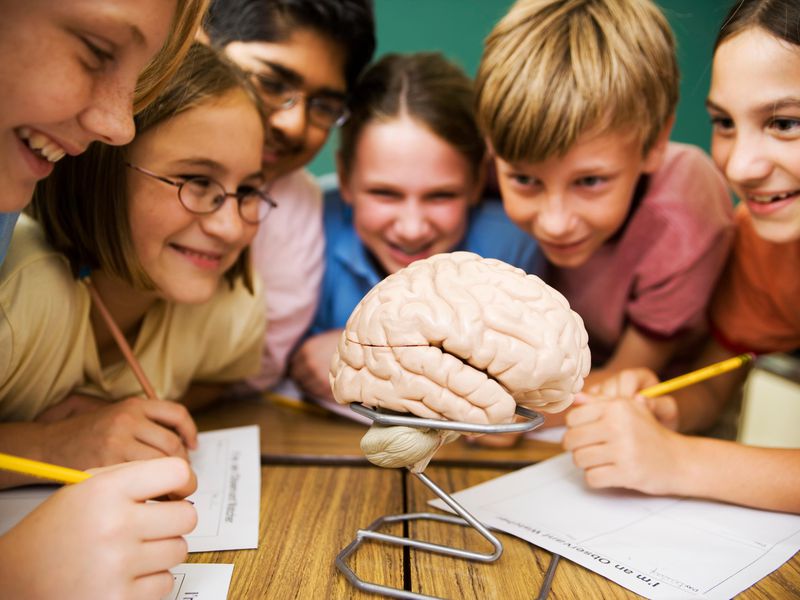This pandemic situation that we are experiencing has highlighted something that the new educational paradigm says: that learning is a process that concerns us all, throughout our lives.
Decoding the Ego
We are all living a challenge of reconfiguration, of readjustment, of reformulation of our habits, customs, lifestyle, our means of “earning a living”, and at the base of all these learnings: our way of living with ourselves. Whatever the time, the context and the threat of the moment, there is an event that occurs transversely to the changes, and that is not always reflected in our agenda of priorities, nor does it inspire vigilance, nor does it appear as an urgent need.
But it is something that, whatever happens, is there, being, waiting for us to look at it: the ethical task of deciphering ourselves. Deciphering how we connect with our inside and our outside, that is, learning about how we learn, in order to continue learning more and better.
The divine task of learning
This situation brings us face to face with what learning implies: a mixture of curiosity, frustration, anxiety, passion, creativity, motivation, uncertainty always linked and depending on our previous knowledge and our vital desire.
At this juncture, we all read ourselves as apprentices. Perhaps it is an opportunity to see again the face of what it is to be a student: the fragility that it implies, the emotions that are put into play, the acquired capacities that take strength, the knowledge that I must go to find in order to continue, which requires that extra effort.
Do we usually live in tune with this feeling of the student, standing on the threshold between what he knows and what he does not know, between what he must learn and what he needs to learn? This management, this negotiation between rules and desire, is the usual vibration that we experience while being a student, during all those years that we embody this condition.

Learning to converse: versing, together
The reflections mobilized during these days touch our educational practice and call us to ask ourselves what we can do to transform it and improve it.
Conversari in Latin means to live, to go around, in company. Versar -con. To open up, to put an installed world in crisis, to put oneself in openness, in a state of affect, to affect and be affected.
From my position as an art-educator I maintain that contact with the diversity of artistic languages (visual, corporal, musical, poetic) opens up this sensitive world of affection, of opening up to the other, the different, which invites me to speak, to live in a movement of continuous nourishment. This is how, placed from this subjective predisposition, both creating and appreciating a work of art is a conversation.
Some clues to decipher myself and the context:
First learning: Taking care of the inner pasture
How do we sow and water an inner little grass that covers our inner self, that whatever happens is there, like fertile and leafy soil? What part of school teaches us to water and weed that invisible and unspeakable little grass? And at the same time, how can we ensure that the care of this inner treasure makes us care about public pastures, about everyone?
Second lesson: Deconstructing our gates
Learning to be alone, to spend a lot of time with the family, to learn new resources and work strategies, to see death up close, to manage uncertainty, to reinvent ourselves.
In this movement of learning we are confronted with our limits, which hold us back, but they are also our outlines, they delineate us. Broadening horizons to grow and expand is a daily task. To look at our limitations, our inner deserts, our gates. Identify them in order to deconstruct those walls and not kick the board of challenges.
Third learning: The responsibility of teaching and learning to talk
What opportunities for listening, reflection, and expression do we have in our lives? How, where, and by what means do we learn about this affective journey that is conversation?
Fourth lesson: The consequence of a school of “getting into the head” is to submit to being everything.
A school that puts things in our heads, without linking them to the other dimensions of the subject, without generating affectation, far from generating learning formats a submissive society. The movement of learning begins with the ability to decipher ourselves, it grows from the care of our inner pasture, and from the demolition of our own barriers. And, from there, it deciphers the outside.
This requires all our sensibility and capacity to converse, to walk in the company of others, to open new eyes, new ears, to grow new organs of affection, which allow us to connect with the world, without so many frontiers, but rather generating surfaces of passage, bridges, connectors.
To emphasize the principles and foundations of an education that fosters the practice of freedom. This practice should not be reduced to mere technical support, but should include the personal effort of deciphering oneself and others. Dare to let go of the certainties of the school, to work to move from conserving what has been earned, to open up to conversation with what is possible


